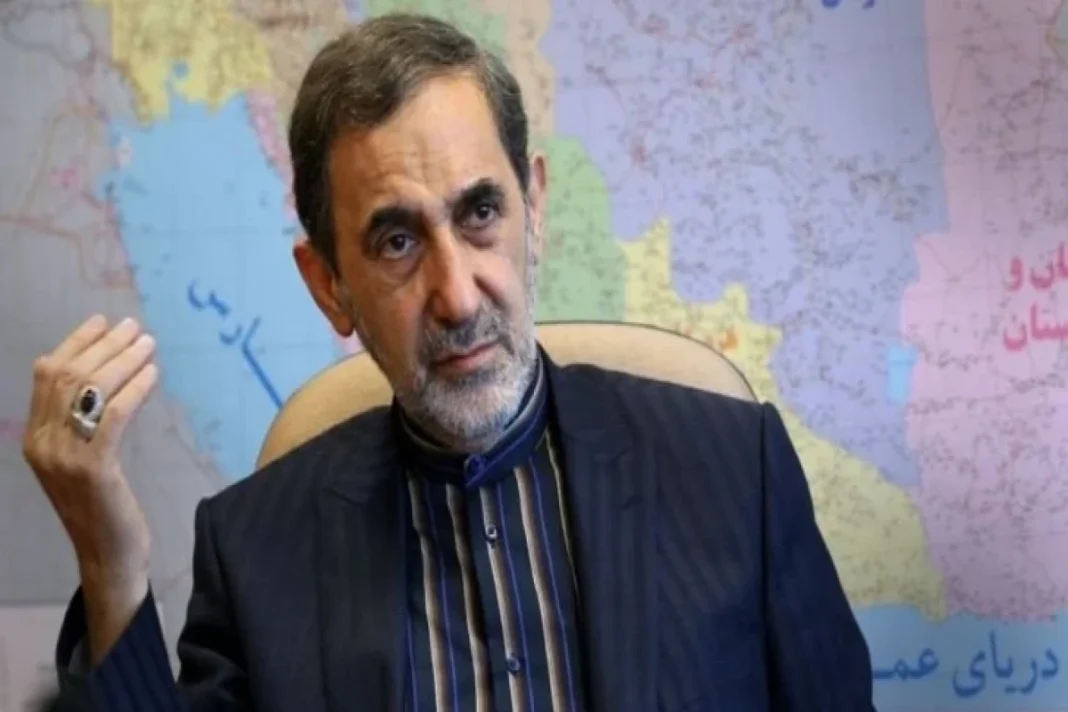By Vesti.Az
July 17, 2025
Iran’s top foreign policy advisor, Ali Akbar Velayati, is once again lashing out at Azerbaijan. During a meeting in Tehran with Pakistan’s Interior Minister, Velayati accused Baku of taking steps “against the interests of the Islamic world”—including alleged oil exports to Israel and acting as a “mediator” between extremist actors and the so-called Zionist regime.
Coming from a senior representative of a country that publicly claims to uphold Islamic unity and regional stability, these remarks are more than ironic—they are hypocritical and diplomatically questionable, especially when delivered in the presence of another Muslim state.
From “I Too Am Azerbaijani” to Accusations of Betrayal
It was just last year that Velayati published an op-ed titled “I Too Am Azerbaijani” on IRNA, in which he professed Iran’s respect for Azerbaijan’s territorial integrity and pledged never to threaten its neighbors. Back then, it seemed like a step toward reconciliation. Now, his rhetoric has shifted sharply—exposing Iran’s deeper geopolitical anxiety: the erosion of its influence in the South Caucasus.
What “Anti-Islamic Acts” Are We Talking About?
Is Azerbaijan’s sin the restoration of its internationally recognized territory, which Iran chose to ignore for decades while building ties with Yerevan? Or is it the Zangezur Corridor project—backed by Turkey and supported by several Muslim countries—that Tehran views as a threat to its regional posture?
Velayati proudly claimed that Iran, without Russia’s help, blocked the corridor, suggesting it would have opened the door for NATO influence. But if NATO is such a concern, why is Iran silent about the European Union’s monitoring mission on Armenian soil? And why does Tehran continue to declare support for Armenia’s territorial integrity while violating Azerbaijan’s during the 2020 Karabakh war—sending troops into Azerbaijani territory near the Khudaferin dam under the guise of “protection”?
Selective Outrage, Selective Memory
During the height of the Second Karabakh War, Iran’s military established barricades on Azerbaijani soil in the midst of an active conflict. That intervention cost Azerbaijan valuable time and potentially lives. And yet Iran justified this as protecting infrastructure.
Let’s not forget: in the 1990s, arms destined for Armenian forces moved through Iranian territory. During the 2020 war, Iran was again used as a land corridor for Russian military shipments to Armenia. Where was Iran’s Islamic solidarity then?
NATO Paranoia, EU Amnesia
Iran repeatedly warns of NATO’s alleged interest in the Zangezur corridor, but conveniently ignores the European Union’s actual boots-on-the-ground mission in Armenia. Tehran is not afraid of NATO per se—it fears losing strategic leverage in a region where it has historically operated through proxies and fragile neighbors.
When the U.S. ambassador proposed a neutral, multilateral mechanism to oversee the corridor—rather than Iranian or Russian control—Iran’s response, echoed by Armenia, was an outcry over “sovereignty” and “jurisdiction.” Oddly, such concerns were nowhere to be found when Russian troops entered Armenia or EU observers set up camp near the Iranian border.
Iran’s People vs. Iran’s Politicians
Crucially, Iranian Azerbaijanis—who make up a significant portion of Iran’s population—overwhelmingly supported Azerbaijan during the war. Their street protests and public statements diverged sharply from the pro-Armenian stance of the Iranian government. That grassroots support remains strong, reinforcing the idea that Baku is aligned with Islamic values far more than Tehran’s clerical elite.
Azerbaijan’s Foreign Policy Is Not a Threat—It’s a Model
Azerbaijan is not seeking to provoke Iran, nor to serve any foreign agenda. It is pursuing connectivity, trade, and sovereignty—all consistent with international norms and supported by a range of global partners, including Muslim countries like Turkey and Pakistan. Baku’s partnerships with Western nations do not negate its Islamic identity—they enhance its global relevance.
Tehran, meanwhile, continues to speak of Islamic unity while enabling regimes that once occupied Muslim lands and disrupted regional peace. Its credibility is waning.
Respect Must Be Mutual
Azerbaijan welcomes dialogue—but not ultimatums disguised as religious dogma. The South Caucasus doesn’t need lectures; it needs pragmatism, respect, and strategic foresight. Trust, especially between neighbors, is fragile. If Iran truly wishes to be a partner for peace, it must abandon its double standards and approach regional affairs with integrity and consistency.
Only then can Islamic solidarity be more than a slogan—and regional cooperation more than an illusion.


